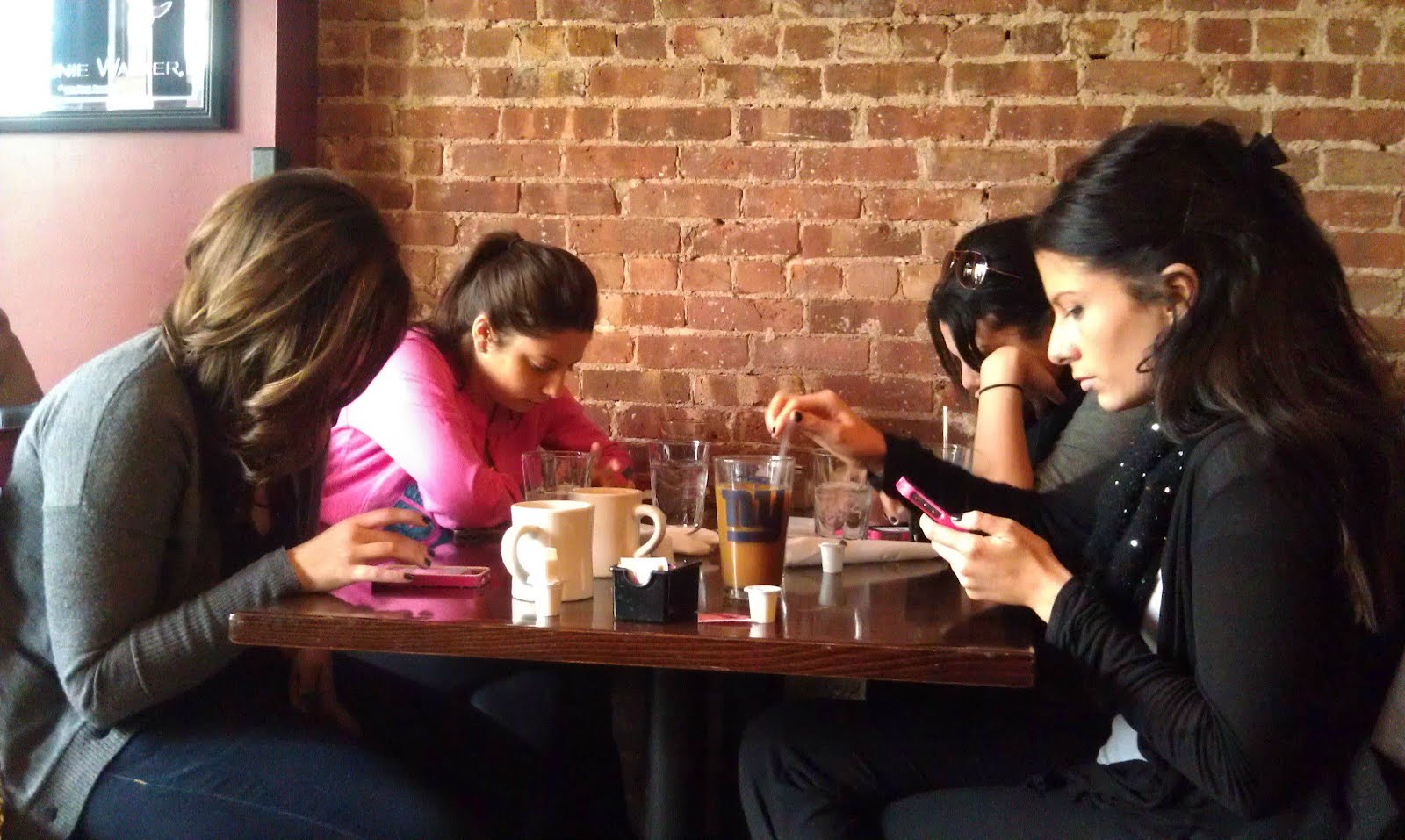Yesterday I was confronted with a reminder on Facebook that over the next week I have seven events to attend. Why did I click attending? I had amazing intentions at the time, but do I really want to go to every single event possible over the next week? The answer, of course, is no. Although an active person, I just could not risk attending all of these events because, quite simply, I’d be wiped out. I have better things to do, which consist of a whole lot of nothing. But sometimes nothing is good, even amazing. Sometimes we should embrace nothing as a welcome backdrop against the hum and pace of our college lives.
New research carried out by Mentos revealed that Britain has become a “cancellation nation”. It revealed that 30 per cent of Brits say yes to every invite to avoid hurting their friends feelings, a reaction that is easily understandable. Faking sickness, claiming we have double booked, feigning confusion over the dates and pretending you have sick children were among the excuses found to be popular among Brits.
80 per cent of people felt that it’s easier to cancel a plan with the help of text or email.
The study also found that technology has contributed to this phenomenon of cancellation. According to the survey, 80 per cent of people felt that it’s easier to cancel a plan with the help of text or email. Previously, if someone was relying on you to show up, you had no choice but to stick to your plan, lest you bite the bullet and brazenly acknowledge your laziness by either phoning them or telling them in person. Nowadays, a wee message five minutes before the plan is set to go ahead avoids this potential awkwardness.
However, it is also true that our well connected generation often feels lonely. Cancelling plans on a continuous basis is not conducive to developing new relationships. While meeting new people can at times seem like a chore, it could be the best thing that ever happened to you. The person whom you decided not to cancel on might have a connection you may need in later life. Moreover, that person may be lonely and single and turn out to be your perfect partner. In my experience, interaction and sticking to plans is nearly always a benefit.
Perhaps the anxiety came from over-analysing possible bad scenarios: what if I don’t know anyone and there’s no-one to talk to, what if they’re no fun, what if they don’t like me.
Last year I was invited to something that I dreaded but felt obliged to attend. I went and it was without a doubt one of my favourite nights in first year. Perhaps the anxiety came from over-analysing possible bad scenarios: what if I don’t know anyone and there’s no-one to talk to, what if they’re no fun, what if they don’t like me. These lingering doubts plagued me until I actually got there and took a few breaths before striding in, head held high. As it happened, it turned into an amazing night. I had nothing to worry about in spite of my worrying all week. I met people there whom I wouldn’t have otherwise met and laughed and shared stories – all activities that are better done in the company of others.
The moral of the story is not to create fake plans. If you don’t intend to go to something, please say it to the person. I know that as a nation we struggle with being upfront, perhaps stemming from a culture that equates subtlety with politeness. Let’s abandon empty platitudes. It’s much more annoying to receive a cancellation text five minutes before you are going to meet rather than declining at the beginning, without fuss.







